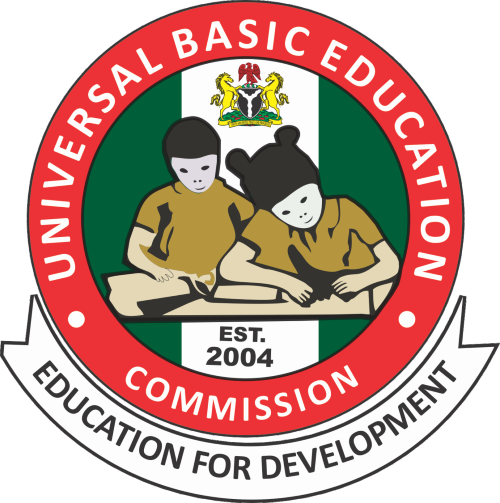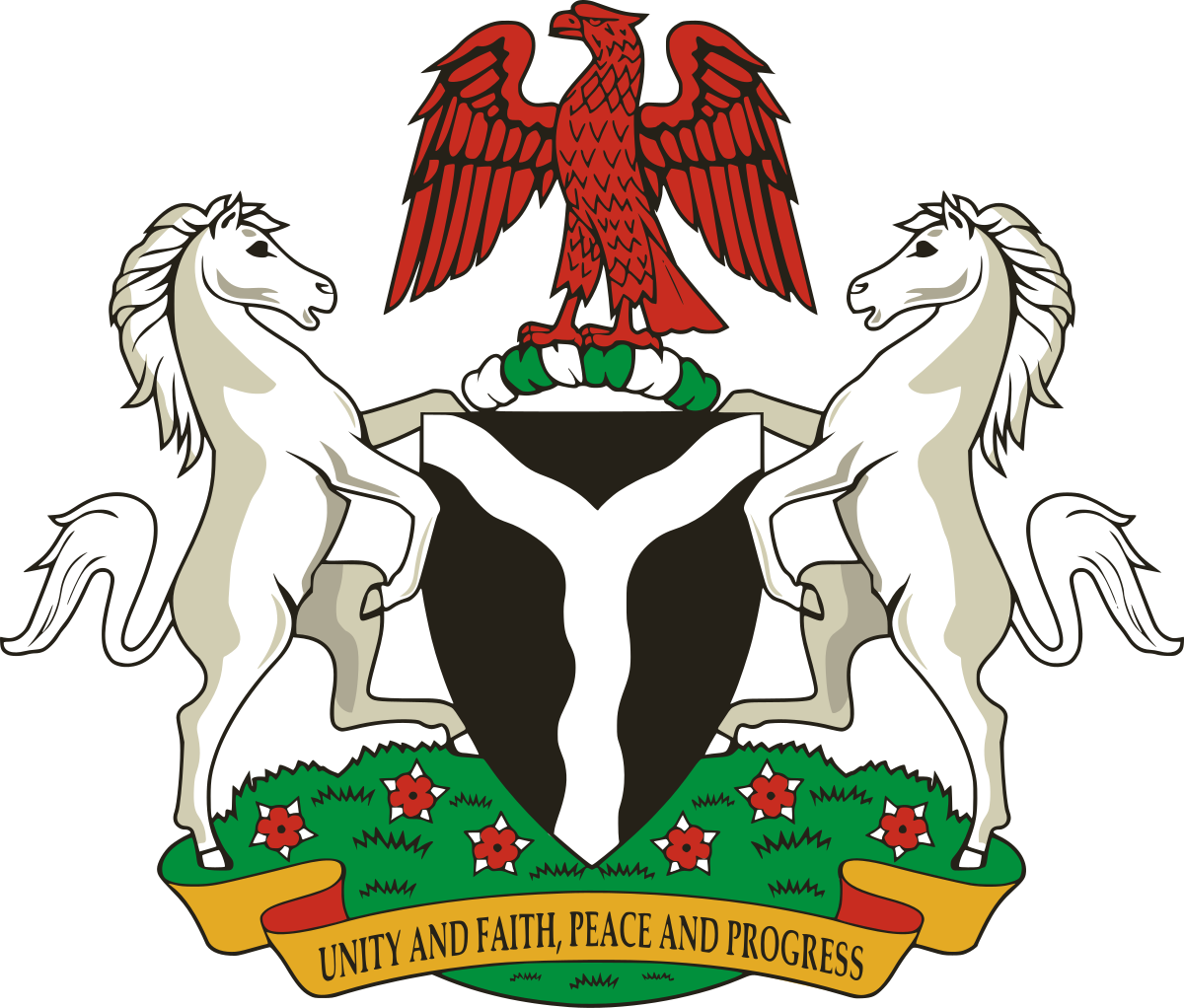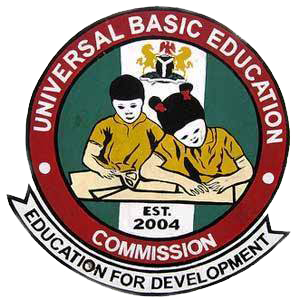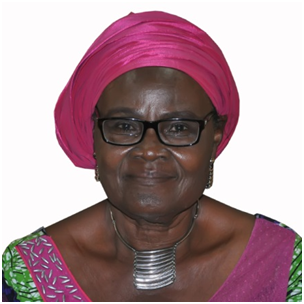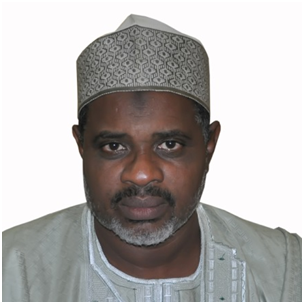1.0 Introduction
The Department of Special Programmes is tasked with the mandate of coordinating and implementing all Special Intervention programmes with the view to providing access, equity and standard in addressing the numerous challenges of Out-of-School Children (OOSC) in the country, through activities and programmes that are designed to impact positively and effectively on the lives of the Nigerian children. Special programme department has three (3) units namely:
- Vocational /Technical Education Unit
- Special Needs Education Unit
- Early Child Care Development Education Unit
2.0 Vocational/ Technical School/center and Second Chance schools/centers for girls.
Vocational and Technical Education is used as a comprehensive term referring to those aspects of the educational process involving, in addition to numeracy and literacy, study of vocational and technical education and acquisition of practical skills, attitude, related to entrepreneurial skills such as tailoring, welding, vocalizing, carpentry, baking among others. One of the objectives of JSS education is to provide the child with divers basic knowledge and skills for entrepreneurship and Educational advancement.
Vocational/Technical Education and second chance schools for girls therefore are meant to provide skills and promote lifelong learning opportunity in line with SDGs goal N. 4. It is also along this line that the Commission introduced Vocational/Technical school/ center and Second-Chance schools for girls as well as boy-child laboratory centers to provide technical skills and entrepreneurship to learners at basic education level. This is in line with UBE Programmes standard of equipping the learners at the basic education level with lifelong skills for self-reliance and to contribute to the socio-economic development of his/her immediate society and Nigeria at large. All these interventions are geared towards providing additional access, equity and standard towards curbing the incidence of out-of-school children. In order to ensure that the vacations to be acquired are indigenous, the Commission signed Memorandum of Understanding with Kaduna Polytechnic to provide services on the following main areas:
- Development of framework for the programme
- Development of curriculum
- Guidence on the utilization of the instructional equipment and tools provided.
- Design retraining programmes and:
- Develop an effective mechanism for monitoring and evaluation.
2.1 On-going Activities
School-To-Work Scheme: to further enhance acquisition of vocational and technical skills of JSS graduates, the Commission submitted a memorandum on School-To-Work scheme at the National Council on Education (NCE) meeting in 2018 and was given approval to implement the scheme. However, modalities and technicalities to kick-start the scheme is in progress. It is expected that with the introduction of this scheme in the basic education sector, learners at the end of JSS would have acquired required lifelong (vocational and technical) skills to be self-reliant and add to the economic growth of the society. The Commission is currently engaging National Board for Technical Education (NBTE) and other relevant stakeholders to drive the scheme.
2.2 Activities carried out
It is gratifying to inform you that the Commission was able to complete the following:
- Construction and equipping of Sixteen(16) Technical and Vocational schools in the North-East and Nigerian Military School Zaria
- Construction and equipping of Thirty-Nine (39) Girls Community Learning Centres.
- Curriculum, Retraining manuals for teachers of technical, vocational and second-chance schools and Instructional guide for teachers was developed and produced.
- Training of teachers of Technical and Vocational schools and second chance schools for girls from the North-East was conducted in 2021
- The Commission has written to SUBEBs to intimate them to commence academic activities in all the completed projects immediately.
2.3 Activities to be carried out
- Periodic verification of the utilization of equipment supplied to Vocational/Technical Schools/Centers and second chance schools/centers for girls.
- Stakeholder engagement with relevant agencies in pursuit of collaborative efforts towards driving the implementation process of the Vocational/Technical education and second chance schools/centers for girls as well as School-To-Work Scheme.
- Appointment of Desk Officers of Vocational and Technical Education for the 36 states and FCT.
- Monitoring of trained teachers of Vocational/Technical education and second chance centers for girls to ensure that knowledge and skills acquired are utilized for improved learning out-come.
3.0 Special Needs Education
The Special Needs Education is supported with 2% of 2% CRF for education of children with physical and psychological challenges in order to promote inclusiveness and ensure that no child is excluded in the provision of basic education on the account of socio-economic, physical or psychological conditions. This is also to foster equity and access to free and compulsory basic education for all the children of school going age no matter the nature of disability or vulnerability.
3.1 Activities carried out
- Final monitoring of the utilization of 2018 Special Needs Education Intervention Fund; to ascertain the completion level of the projects in 36 States and FCT.
- Development and administration of instrument for Situation Analysis and Needs Assessment for effective implementation of special needs Education in 36 states and FCT.
- Interim report of situation analysis and need assessment already out, while the comprehensive report is being worked out.
- Compilation and analysis of available data from five years (2013- 2017) reports of the implementation of special education intervention funds completed.
- The paradigm shift in the implementation of Special Needs Education is meant to ensure inclusiveness in basic education delivery and to introduce the use of assistive technology in the delivery of special education to children with special needs.
3.2 Activities to be carried out
- Procurement and distribution of Assistive technology.
- Training of learners and teachers on the utilization of Assistive Technology.
- National summit with stakeholders on the implementation of Special Needs Education in Nigeria.
- Monitoring the utilization of Assistive Technology among others.
4.0 Early Child Care Development Education
Early Child Care Development Education is the care, protection, stimulation and learning promoted in children from age 3-5 in a Crech or Nursery. It is expected that all primary schools at the basic education sub-sector operate ECCDE center as one of the standards required at that level. Only 40% of Nigeria primary school have met the standard. The ECCDE component of basic education is not left out for the purpose of enhancing access, equity and standard, the Commission is currently intervening in provision of infrastructures, learning materials and training of the caregivers and teachers of this component.
4.1 Activities carried out
- Interactive workshop on the development of Early Childhood Care Development and Education Framework with FME, NCCE, NERDC,UBEC, SUBEB Desk Officers, SUBEB DPRS, some experts and other relevant stakeholders in ECCDE Programme implementation was carried out for the Northern and Southern states of the country.
- Construction of Sixty- Four (64) ECCDE model centres across the 23 states and FCT-Abuja for provision of access, equity and quality learning environment for effective implementation of ECCDE components of basic education institution.
4.2 Activities to be carried out
- Review workshop on Improvisation of Recommended ECCDE/ Pre-primary Materials towards institutionalization and roll out of continuous training on ECCDE materials and content.
- ECCDE teachers and personnel to be trained on appropriate method of assessment of ECCDE children.
- Training of ECCDE personnel for early notification of special need child for early intervention.
- Training of DSP and other staff of the relevant departments of the Commission on the ECCDE implementation and report writing.
5.0 Challenges
- The implementation of the 2018 special education was delayed by the COVID-19 pandemic;
- The movement of the special need education from Social Mobilization to the Department of Special Programme further delayed the implementation of 2018 special need education programme because of handing over issues that emerged;
- Weak synergy with NERDC on curricula development and reviews on ECCDE documents.
- Slow response from States on requests for data and updates on ECCDE and curriculum when needed.
- Non-committal attitude of some States to ECCDE in spite of the recent approval of a one-year compulsory ECCDE/Pre-primary Education and entrenchment in the National Policy on Education (NPE).
- Non articulation of the one year linkages in primary schools by some States.
- Lack of budgetary allocation for Vocational and Technical Education.
- Lack of awareness of the host communities on the importance of Vocational/Technical and second- chance schools/centers in their domains.
- Un-accessed special education funds by states namely Abia 2018, Gombe 2018, Adamawa 2018, Bauchi 2018, Nasarawa 2018, Zamfara 2018, FCT 2018, Edo 2015 to 2018, Imo 2015 to 2018.
6.0 Way forward
- There is need to forge synergies with relevant organisations and stakeholders both within (Department of Academic Services, Physical Planning and Teacher Development, Department Quality Assurance, Department of Social Mobilization and Department of Special Programme) and outside the Commission in order to improve the process of implementating ECCDE programmes in Nigeria.
- Adequate budgetary allocation is required to implement the activities of the department.
- The need to adequately sensitize the host communities on the importance of Vocational /Technical schools/centers and second-chance school/center in their domains.
- The need to create awareness about the ECCDE programme in every community across the 36 states and FCT.
- The need to create awareness about the need for parents and community members to enrol children with disabilities in school to promote inclusivity.
- All states yet to access special education fund should expedite action towards accessing their funds in order to forge ahead in the implementation of special needs education across the country.

